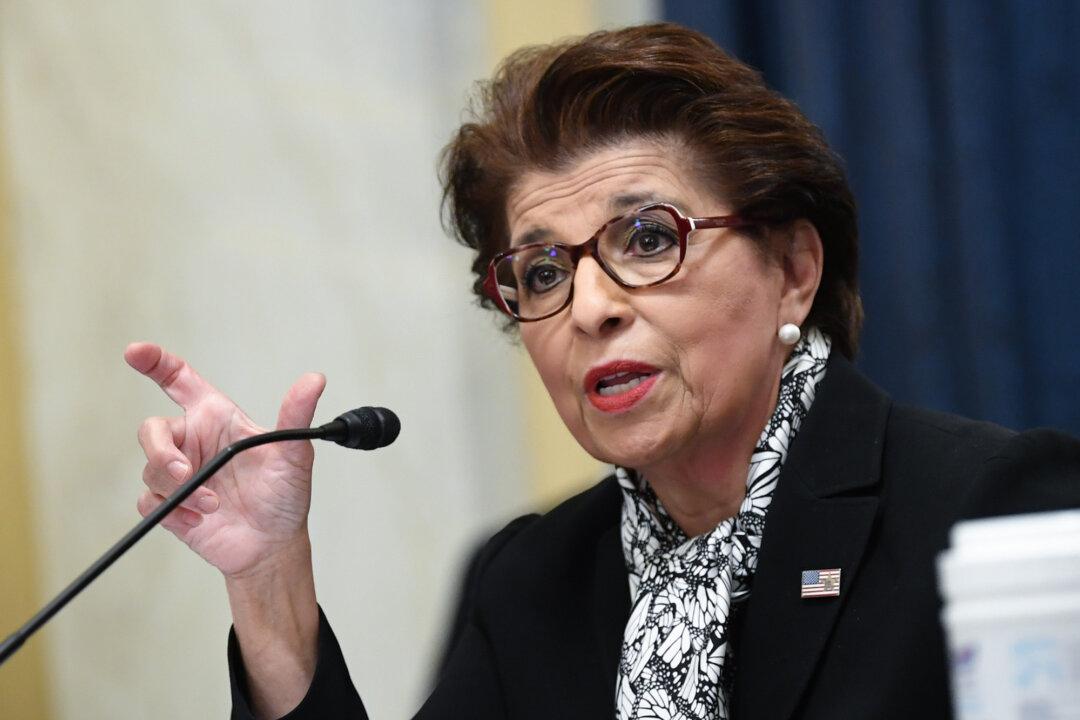The U.S. Small Business Administration (SBA) has proposed a rule that would make faith-based organizations eligible for some of the agency’s relief programs.
The new rule, which is currently open for a 30-day public comment period, aims to remove restrictions that exclude religious organizations from some SBA business loans and disaster assistance programs.





